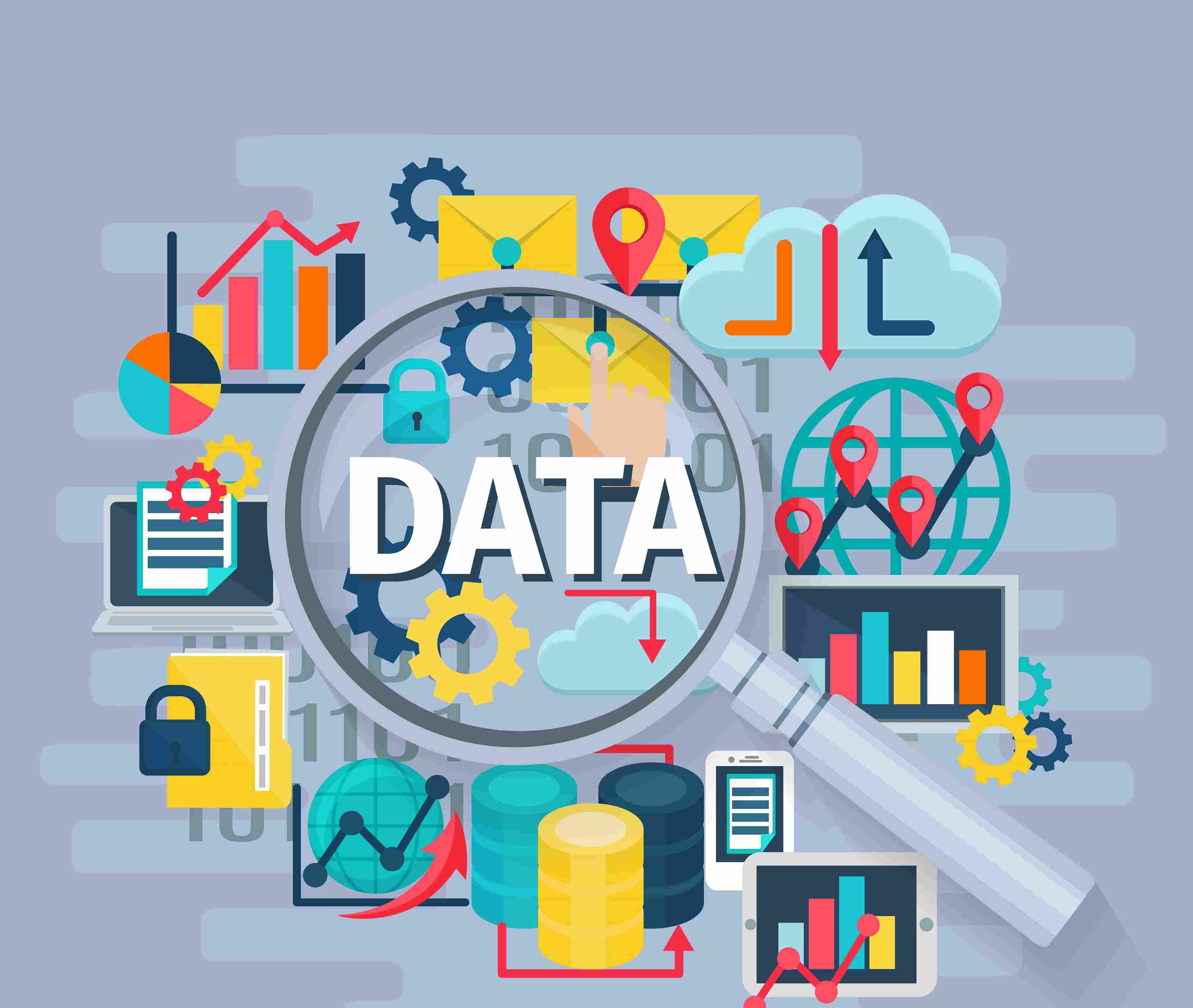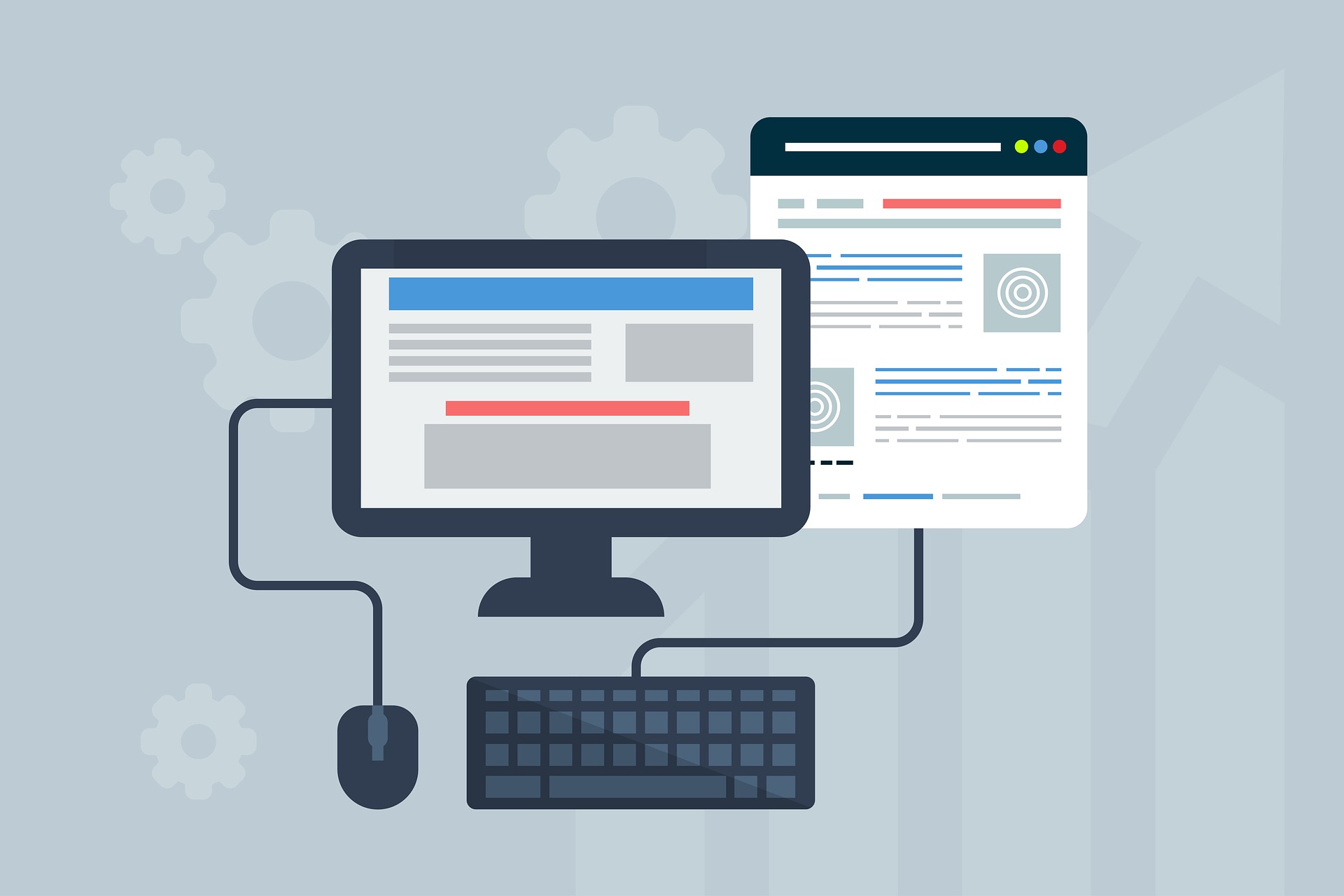
The Ethics of Data Analytics: Balancing Privacy and Progress
Data analytics has revolutionized the way we understand the world around us. It allows us to make sense of vast amounts of information, identify patterns and trends, and make more informed decisions. However, with great power comes great responsibility. The increasing use of data analytics raises ethical concerns around privacy, security, and the potential misuse of personal information. In this blog post, we will explore the ethical considerations of data analytics, and how we can balance privacy and progress.
The Importance of Privacy
Privacy is a fundamental human right, enshrined in many international human rights instruments. It is the right to control one's personal information and to protect it from unauthorized access and use. In the digital age, protecting personal privacy has become more challenging. As data is collected, stored, and analyzed on an unprecedented scale, the risk of data breaches and unauthorized access to personal information increases.
The ethical use of data analytics requires that privacy be protected. This means that individuals should have control over their personal information, and that their data should be collected, stored, and analyzed only with their informed consent. Furthermore, data should be anonymized wherever possible, so that individuals cannot be identified from their data.
Balancing Privacy and Progress
The ethical use of data analytics also requires a balancing of privacy and progress. Data analytics has the potential to improve public health, increase efficiency in business, and enhance social welfare. However, this potential must be balanced against the need to protect privacy and prevent harm.
One way to balance privacy and progress is to use ethical frameworks such as the Fair Information Practice Principles (FIPPs). The FIPPs provide guidelines for the collection, use, and dissemination of personal information, and include principles such as transparency, individual participation, and data minimization. By following these principles, organizations can ensure that they are using data analytics in an ethical and responsible way.
Another way to balance privacy and progress is through regulation. Governments can establish laws and regulations to protect personal privacy and prevent the misuse of personal information. For example, the European Union's General Data Protection Regulation (GDPR) establishes strict rules for the collection, use, and storage of personal data, and imposes heavy fines for violations.
Conclusion
Data analytics has the potential to transform our world, but we must ensure that it is used ethically and responsibly. This requires a balancing of privacy and progress, and a commitment to protecting personal information and preventing harm. By following ethical frameworks and regulations, we can ensure that data analytics is a force for good, and that it serves the interests of individuals and society as a whole.






